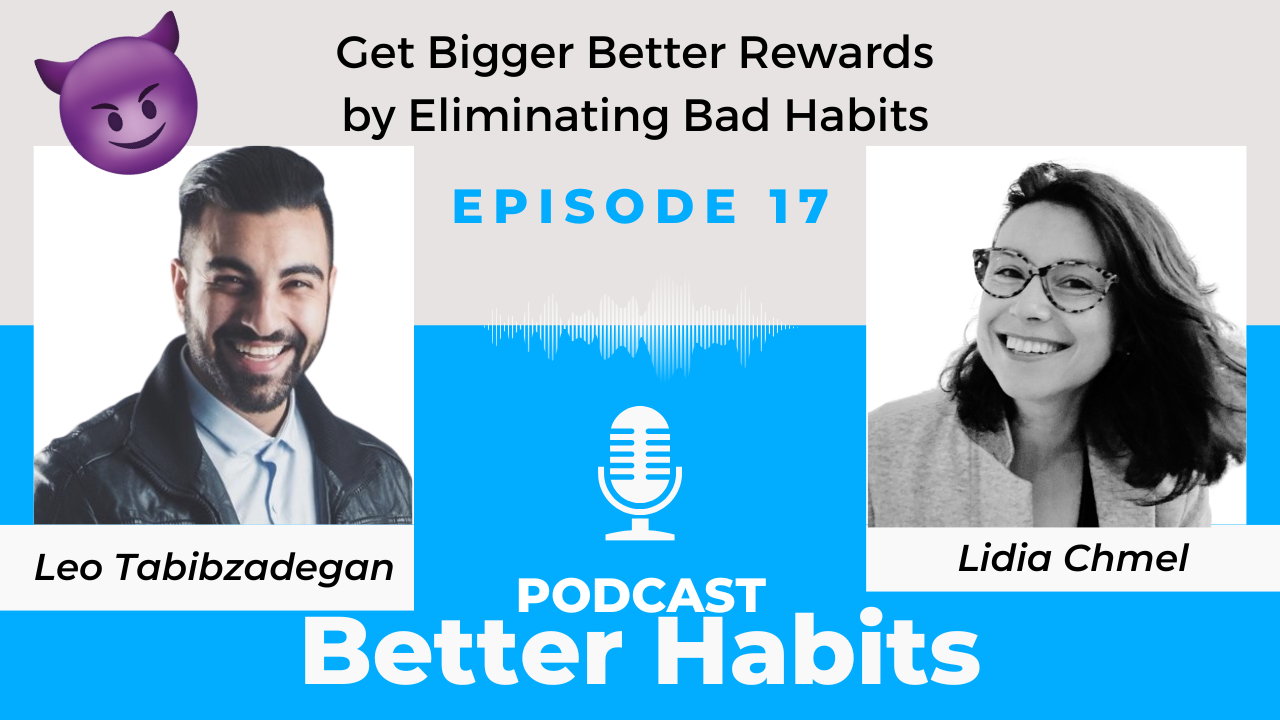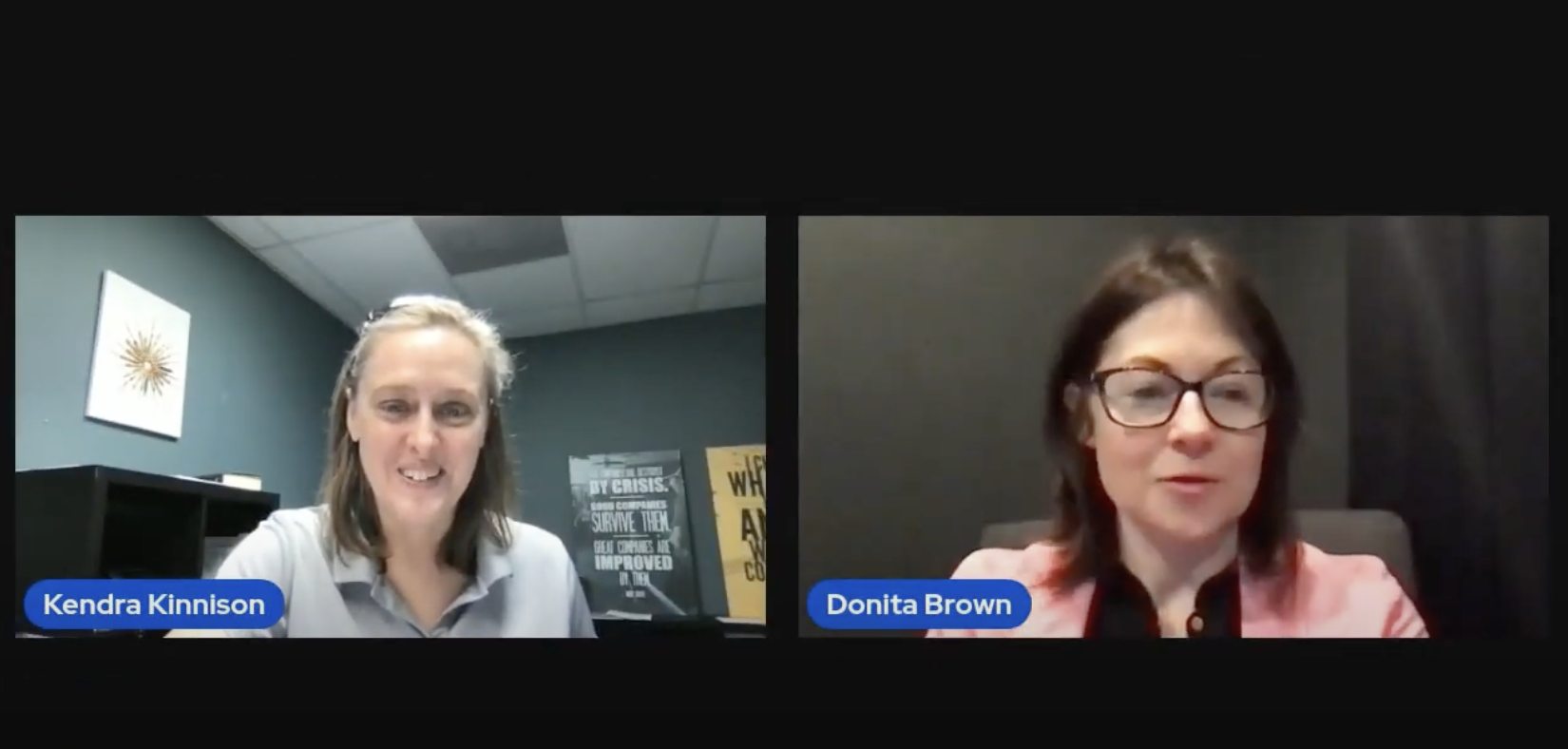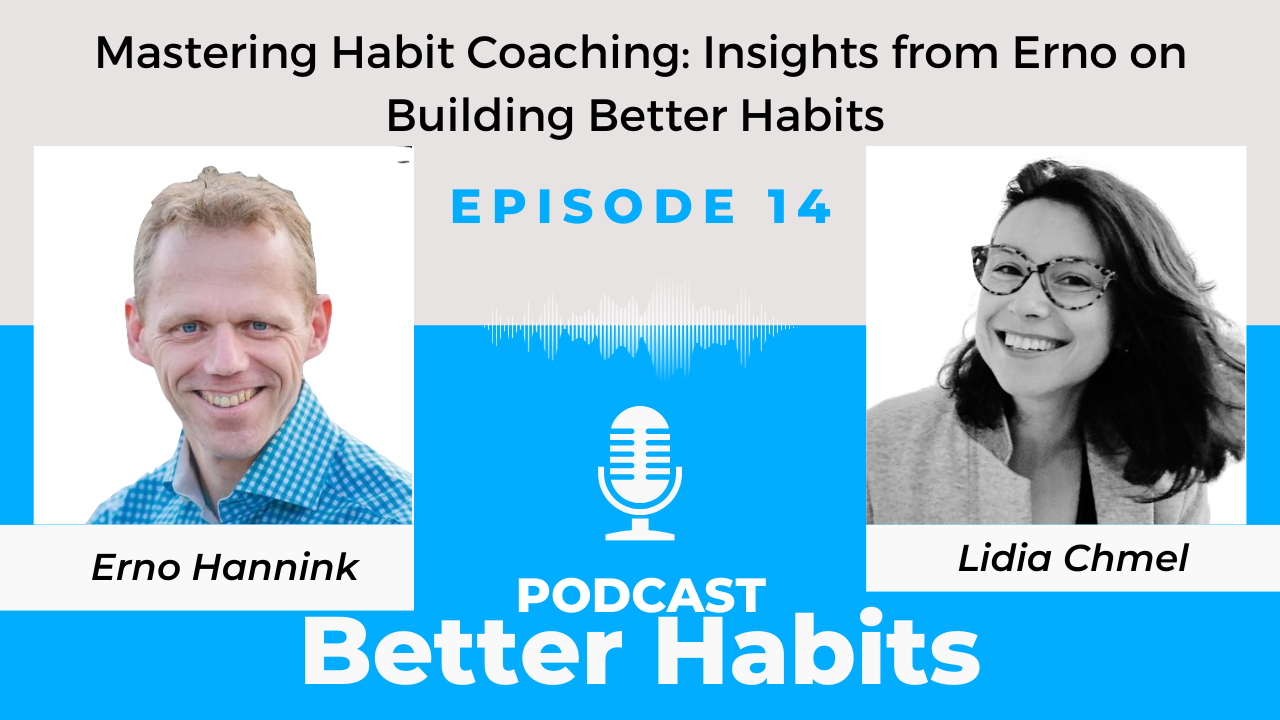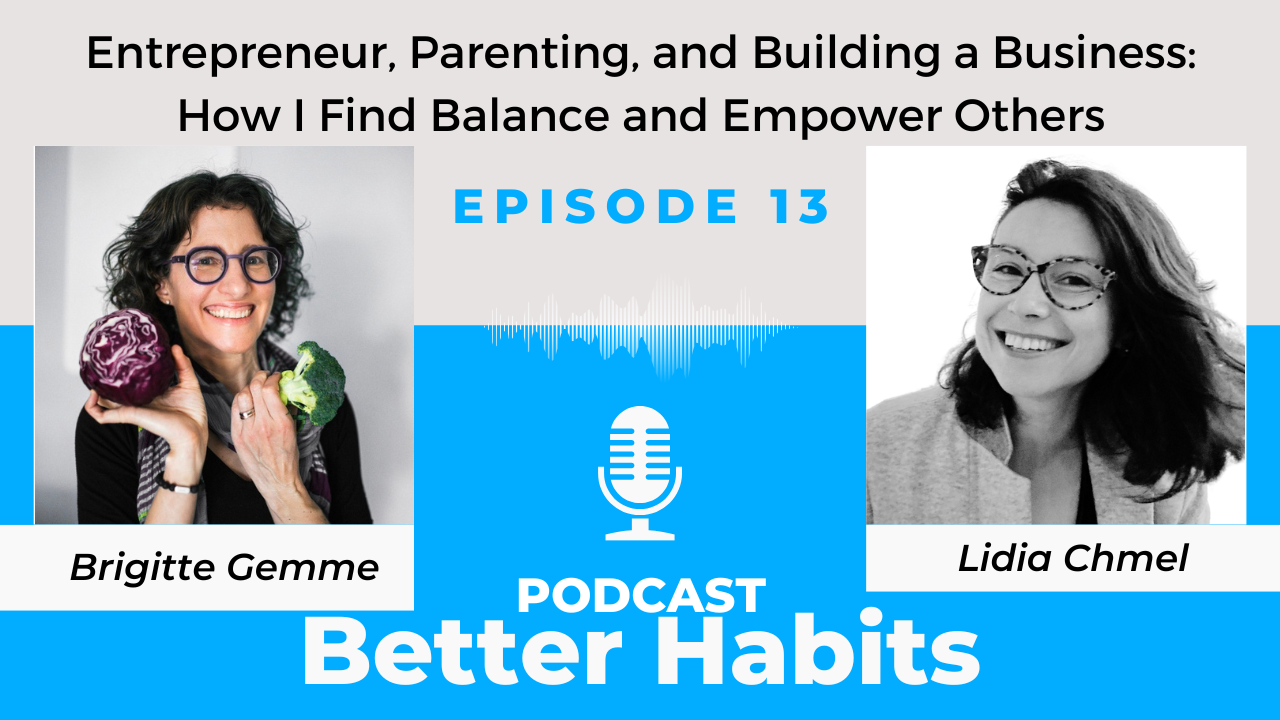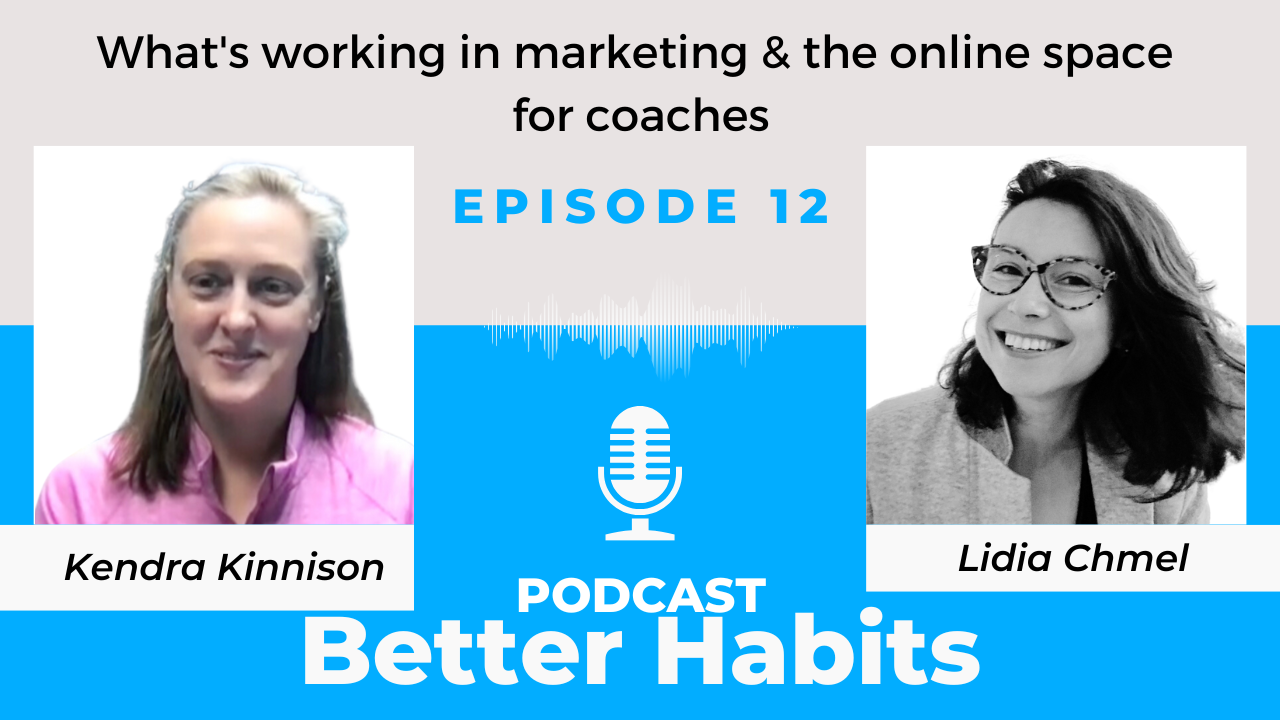Being a better human with reliable leadership habits – my intention for the weekend.
The reality? A humiliated human failing immediately before Saturday morning’s presentation and leaving her co-host on his own. To strive for redemption from this fail, we’re sharing content that supplements our 30-min segment from #MediumDay, the free virtual 12-hour conference at the cutting edge of tech, business, culture, and creativity.
What happened? Rather than join the Coach.me host Erno Hannink on camera to talk about “Better Humans, Better Leadership Habits” as planned on Saturday, Aug. 12, from 10 – 10:30 am, this Coach.me leadership coach, Liz Guthridge, was a sidelined, frustrated human typing comments into chat. Hopin, the online platform we were using, wasn’t recognizing my computer’s mic and camera – even though they worked right before logging on Hopin and right after logging off.
Big lesson learned: Test the link hours, or even a day or two ahead of our go-live time. Instead, I had waited to sign on just 15 minutes in advance. There was not enough of a buffer to do detailed tech checks, other than run through the basic equipment check, reboot my computer, and look at the Hopin Q&As, none of which worked for me.
Shouldn’t I have learned this lesson before? Yes! But I got complacent because Erno and I had spoken 24 hours earlier on Friday morning, Aug. 11, during the live Coach.me to Lead show. He had interviewed me about resilience leadership, specifically, “the more resilient version of your authentic self.” (Yes, ironic considering the next morning’s flop.)
On Saturday morning, Erno was the consummate professional for our #MediumDay session on ”Better Humans, Better Leadership Habits.” He led the session on his own, sharing many of the learnings from our Friday discussion about leadership resilience habits as well as contributing his own experiences. I’m very grateful for him stepping up as well as thrilled he remembered our discussion so well!
Here’s what we now want to add to Erno’s #MediumDay talk: What follows is the additional content we planned to share plus answers to questions from the live participants.
To be a better human and leader through better habits, first consider what improvements you want to work on. Not what you should do, but instead what you want to do. You’re more likely to attempt to change your behavior if you focus on something appealing to you.
Before you narrow in on an area, broaden your view to consider the possibilities. Think about the big buckets that personally interest you, which could be some of the following:
- Inner development goals to help you improve your effectiveness today. They also have a bigger purpose, which may be motivating, as Erno explained to me. These personal goals have been designed to help individuals work toward achieving the United Nation’s sustainability development goals for 2030.
- Being – making sure you’re being true to your values and yourself
- Thinking – using and improving your cognitive skills
- Relating – caring for others, including being empathetic and compassionate
- Collaborating – practicing social skills, especially as you work with others
- Acting – enabling change.
- Human-centric goals to differentiate you from machines, especially AI, namely:
- Physical well-being
- Mental well-being
- Social interactions
- Time-oriented goals to inspire you to prepare for the future while living in the present:
- Present day
- Near future (within the next 2 years)
- Future (2 years and beyond)
By broadening your view, you’re better positioned to choose the best direction for yourself right now. And you now can reflect on what’s most interesting and useful for you to do now. For instance, many leaders find it helpful to build a strong, powerful habit to help them in the moment. Some of the more common specific leadership habits focus on being, thinking, and relating, such as:
- Practicing self-care to be in service to yourself, especially the trifecta supports your health, stamina, and resilience. These three are exercise, sleep, and diet.
- Pausing before speaking or acting to be more intentional. The pause gives you space between stimulus and response to decide what to do. In this response lies growth and freedom, according to Viktor Frankl, the Austrian psychologist and Holocaust survivor who encouraged individuals to find the meaning in their lives.
- Setting a clear intention, such as asking and answering the question “How do I want to show up in this situation?” The answer to this question guides you in figuring out how to relate to others.
- Reframing situations to help you see them from a different perspective. By changing your viewpoint, you often can open up new possibilities to solve problems more creatively and beneficially.
- Practicing a daily act of kindness, including showing gratitude for people’s positive actions. By doing so, you’ll encourage individuals to continue their good work and you’ll build empathy “muscles” for yourself that help you. For example, you’ll be better able to understand, care for, and support others, as well as increase your self-awareness.
Generally, you want to work on one new habit at a time. Be sure to experiment to make sure the habit works well for you. Then once it becomes part of your repertoire, you can add another habit. And then continue adding.
During our Medium Day session, several participants expressed interest in how to set long-term goals and visions, including communicating them. Future-focused habits can be less appealing to adopt because of the way our brain works. Our natural inclination is to value things closer to us, both in physical proximity and more immediate in time. Our brain also prefers immediate gains over longer-term rewards.
Yet, focusing on the future is a valuable and necessary leadership skill, named “prospection” in the new book Tomorrowmind: Thriving at Work with Resilience, Creativity, and Connection—Now and in an Uncertain Future by Gabriella Rosen Kellerman and Martin Seligman. The two authors define the term as “the mental process of projecting and evaluating future possibilities and then using these projections to guide thought and action.”
Also, based on the authors’ research, leaders who are skilled at prospection are good planners, not only taking time to think – and especially daydream–about the future but also engaging their teams in joining them. This foresight process is more involved and extensive than deciding on one individual behavior to change.
If you’re interested in developing your prospection skills and supportive habits, also consider building your courage, creativity, optimism, and perseverance skills. They all contribute to the inner development goal of acting to enable change. You also can expand the thought leaders, topics, and trends you follow to enhance your outer development.
Any questions about these leadership habits or anything related? Ask either Erno or me. We’re here for you.
Feel free to join the conversation in the Resilient Leader’s group on LinkedIn here.

